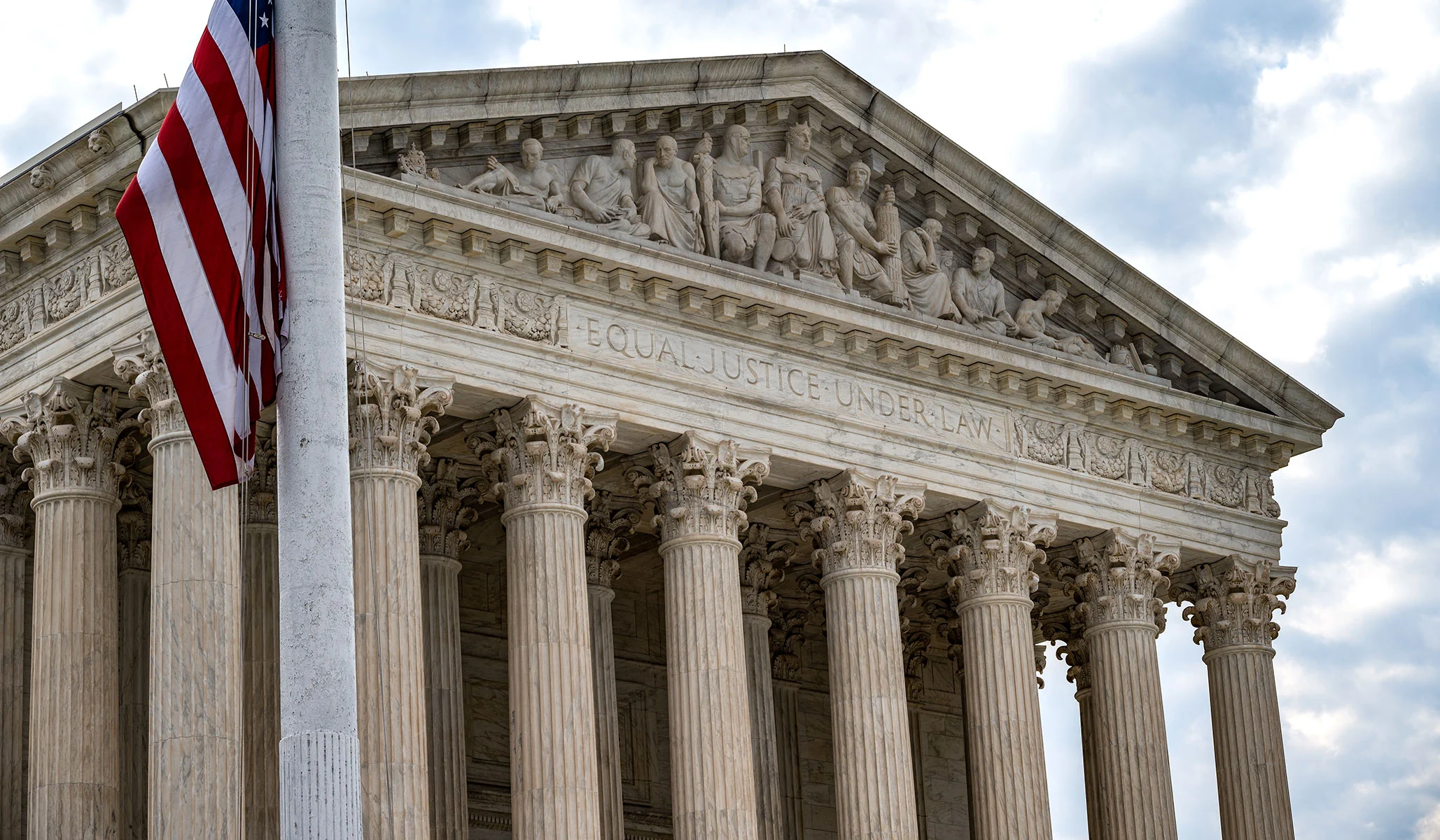The Supreme Court’s recent decisions in Allen v. Milligan and Haaland v. Brackeen have raised questions about racial discrimination and nationalism in the United States. In Allen, the Court ordered Alabama to create segregated congressional districts for black voters, while in Haaland, the Court upheld a statute that prioritizes Native-American parents in the adoption of Native-American children. These decisions were supported by Chief Justice John Roberts, Justice Brett Kavanaugh, Justice Amy Coney Barrett, and Justice Neil Gorsuch. Justices Clarence Thomas and Samuel Alito dissented in both cases.
The upcoming challenges to racial preferences in college admissions will provide further insight into when the government can openly discriminate based on race. However, it seems that the Court is more deferential when Congress is the one implementing race-based policies. This may not bode well for colleges, as their actions may be seen as violating both the federal Civil Rights Act and the Constitution.
The case of Haaland raises not only questions about race but also about nationalism. While the American creed promotes equality regardless of race, many nations around the world view themselves as communities with a shared history and language. Preserving their cultural and historical identity is seen as crucial to maintaining the integrity of the community. The Indian Child Welfare Act (ICWA) reflects a similar nationalist claim by Native-American tribes to preserve their identity in the face of American individualism. The ICWA gives preference to Native-American adoptive parents, even when the child’s biological parents object. This approach clashes with the American creed, which prioritizes individual rights.
The ICWA’s provisions have significant implications for Native-American and non-Native-American individuals alike. In some cases, the ICWA’s preference for tribal bloodlines can lead to conflicts between adoptive parents and Native-American tribes. The Court’s decision in Haaland did not address the equal protection issue raised by the non-Native adoptive parents, as the lawsuits did not name the state courts and agencies responsible for enforcing the adoption rules as defendants. However, the Court held that Congress could order state courts and agencies to implement its policies.
Justice Gorsuch, joined by Justices Sonia Sotomayor and Ketanji Brown Jackson, embraced the ICWA’s tribalist approach, citing the historical mistreatment of Native-American families by the federal government. They argued that the ICWA’s provisions were necessary to protect Native-American families and prevent the removal of Native-American children from tribal life. Justice Kavanaugh expressed concerns about the equal protection issues raised by the ICWA, while Justice Alito argued that Congress does not have the power to sacrifice the best interests of vulnerable children to promote tribal interests.
The Court’s decision in Haaland also touched on the limits of federal power and the issue of commandeering states to enforce federal policies. Justice Barrett acknowledged the Court’s broad interpretation of congressional power over Indian affairs but emphasized that Congress’s authority must derive from the Constitution. However, she concluded that the challengers had not provided a principled line for the Court to follow in abrogating the ICWA. Justices Thomas and Alito questioned the constitutional basis for Congress’s plenary power over Indian affairs.
In terms of commandeering states, the Court found that legislation that applies evenhandedly to state and private actors does not typically implicate the Tenth Amendment. Barrett noted that state courts are required to apply federal law when it displaces state law, making it difficult to argue against commandeering in this context.
Overall, the Haaland decision represents a victory for a race-conscious federal policy aimed at preserving the demographic survival of Native-American tribes. However, the use of race in college admissions raises different questions, which will be explored in upcoming cases.

